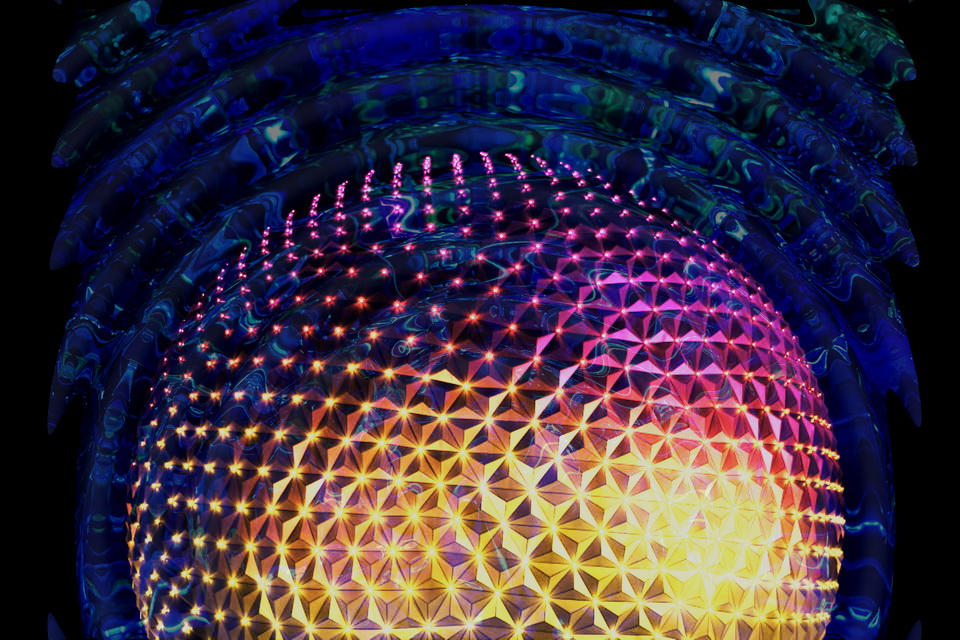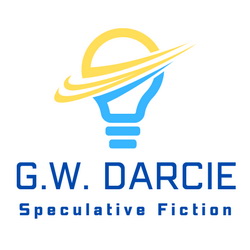
The more we know, the more we come to see how little we know. I expect this is true in all areas of deep study. Years ago, I came across a wonderful analogy, “the sphere if knowledge,” that I think explains it best. (If you know who came up with this, please let me know so I can acknowledge the source.)
The Sphere of Knowledge.
Imagine a space in which everything you know is packed into the shape of a sphere and everything you don’t know is outside of that. As you pack more and more knowledge into it, your sphere of knowledge grows bigger and bigger. From deep within your sphere, you are surrounded by things you know. The outside edge of your sphere is where you encounter what you don’t know. When your sphere is small, you have a small circumference of ignorance, but as your sphere grows larger and larger, so grows your circumference of ignorance. The larger your circumference of ignorance, the more exposure you have with a whole universe beyond your knowledge. In other words, the more you know, the more things you discover you don’t know.
Does this mean you should stop learning? Who wants to discover how little they know?
Uncertainty creates discomfort in all of us, it’s true. Yet it’s this very discomfort that spurs us to learn more, to seek better answers, to grow as individuals. The alternative is to stay comfortable and hold firmly to your beliefs, ignoring all contrary evidence. Of course, beliefs that fit poorly with reality are not very useful, other than to provide comfort. So if your biggest need is for comfort, for heaven’s sake, don’t expose yourself to contrary voices.
On the other hand, if you thirst for better understanding, seek out the discomfort of uncertainty. We’re human beings. We can’t possibly know everything. Nor should we expect ourselves to. But we can always learn.
Here’s what the world’s leading scientists have come to understand, as exemplified by Heisenberg’s Uncertainty Principle: we can never know reality with certainty. All new information can do is give us better approximations of reality. That’s a useful goal.
Indeed, the fundamental quest of science to not to provide final answers; it’s to discover better questions, questions that might lead us to new insights, which in turn will lead to even better questions. This is the essence of the scientific process. Those who give up on science because it doesn’t provide final answers are those who simply misunderstand the process.
Here’s the irony. On any given topic, you need to know a lot to realize how little you know. When you find yourself speaking with absolute certainty, let that give you pause to wonder what you’re missing.
One of the things I like to do in my writing is to challenge readers to look at things from an unfamiliar perspective. Why? Because that’s how we expand our horizons.
“The mind, once stretched by a new idea, never returns to its original dimensions.” Ralph Waldo Emerson
So, what do you think of this “sphere” analogy? Have you heard any other good ones? I’d love to hear what you think.
